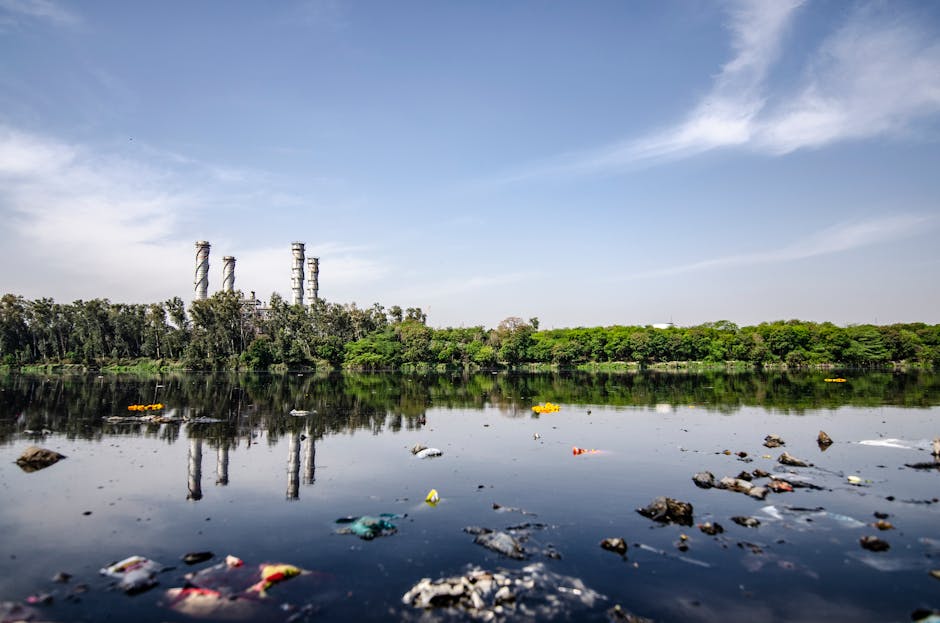“Reports After Reports, No Action”: Supreme Court Raps Authorities Over Delhi’s Toxic Air
The Supreme Court of India on Tuesday slammed authorities for their failure to curb Delhi’s deadly air pollution, calling out years of bureaucratic inaction. Hearing urgent petitions, a bench of Justices Sanjay Kishan Kaul and Sudhanshu Dhulia demanded accountability, stating, “Reports after reports are filed, but ground action is zero. Why must citizens suffer?”
Why Delhi’s Air Pollution Is a Recurring Nightmare
Delhi’s toxic air crisis peaks every winter, with AQI levels soaring beyond 400 (severe). Key contributors include:
– Stubble burning in Punjab, Haryana
– Vehicular and industrial emissions
– Unchecked construction dust
Despite studies and policy plans like the Graded Response Action Plan (GRAP), enforcement remains weak. “What is GRAP even doing? People can’t breathe,” the court questioned.
Petitioners Highlight Health, Economic Fallout
The pleas before the court underscored:
– Health risks for children, the elderly
– Economic losses from work disruptions
– Lax enforcement of anti-pollution measures
Amicus curiae Advocate Aparajita Singh noted, “Farmers burn stubble, industries violate norms, and dust rules are ignored.”
Political Blame Game vs. Supreme Court’s Ultimatum
While Delhi, Punjab, and Haryana governments traded blame, the court dismissed excuses:
“Stop this blame game. Everyone knows the problem—solve it.” – Justice Kaul
Court’s 4-Point Action Plan
- Ban stubble burning: Subsidize crop alternatives for farmers.
- Cut vehicular pollution: Fast-track EVs, stricter emission checks.
- Control construction dust: Penalize non-compliant sites.
- Boost real-time monitoring: Expand public AQI data.
States must submit a compliance report in 7 days, or face strict measures.
Public Outrage Over Empty Promises
Delhi residents expressed frustration:
– “Year after year, nothing changes.” – Ramesh Kumar, teacher
– A University of Chicago study warns toxic air cuts 12 years off Delhiites’ life expectancy.
Will 2023 Be Different?
Past court orders led to temporary fixes (firecracker bans, construction halts). Systemic reform remains pending. As the court warned:
“People’s lives can’t wait for bureaucratic delays.”
The next weeks will test whether authorities finally act—or let Delhi choke again.




